



| AWMR |




|
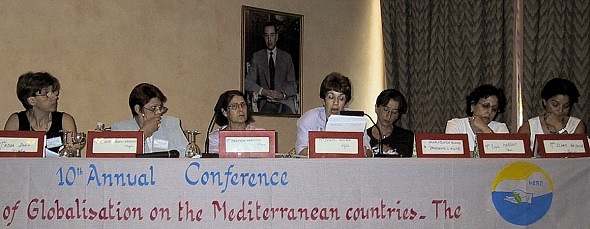
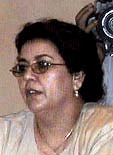 Chair: Khadija Al Feddy
Chair: Khadija Al Feddy
 Professor Hamdani Ben Ali
Professor Hamdani Ben Ali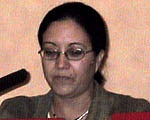 Aicha Hajjami
Aicha Hajjami Chair: Idlimam Ali
Chair: Idlimam Ali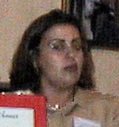 Aicha Khamass
Aicha Khamass Sarsar Ouarda
Sarsar Ouarda Chair: Yana Mintoff-Bland
Chair: Yana Mintoff-Bland Valentine Moghadam
Valentine Moghadam Cristina Mangia
Cristina Mangia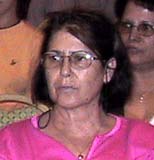 Chair: Maroulla Vassiliou
Chair: Maroulla Vassiliou
 Elham Bayour
Elham Bayour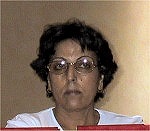 Zineb Mabout
Zineb Mabout Ninetta Pourou-Kazantzis
Ninetta Pourou-Kazantzis Coordinator: Ada Donno
Coordinator: Ada Donno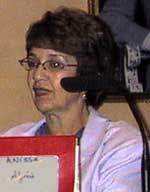 Coordinator: Anissa Smati
Coordinator: Anissa Smati





|